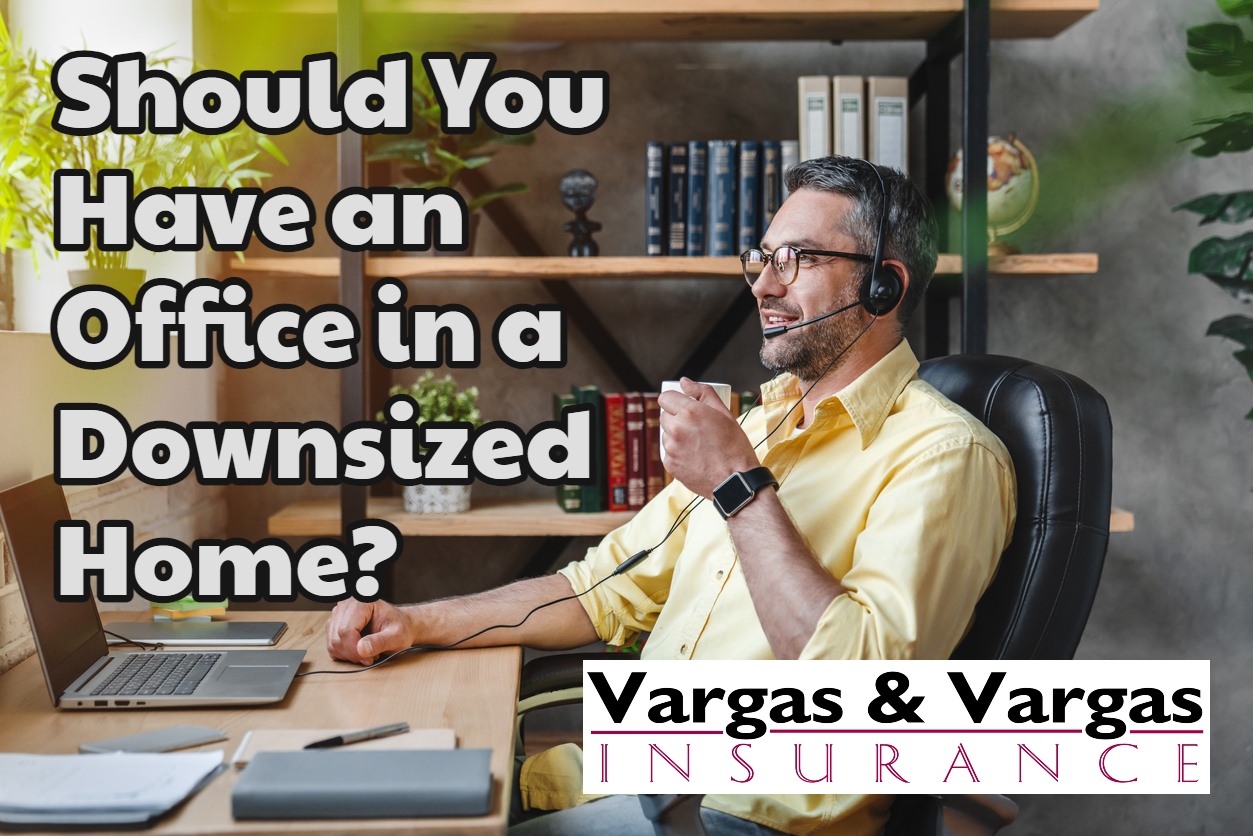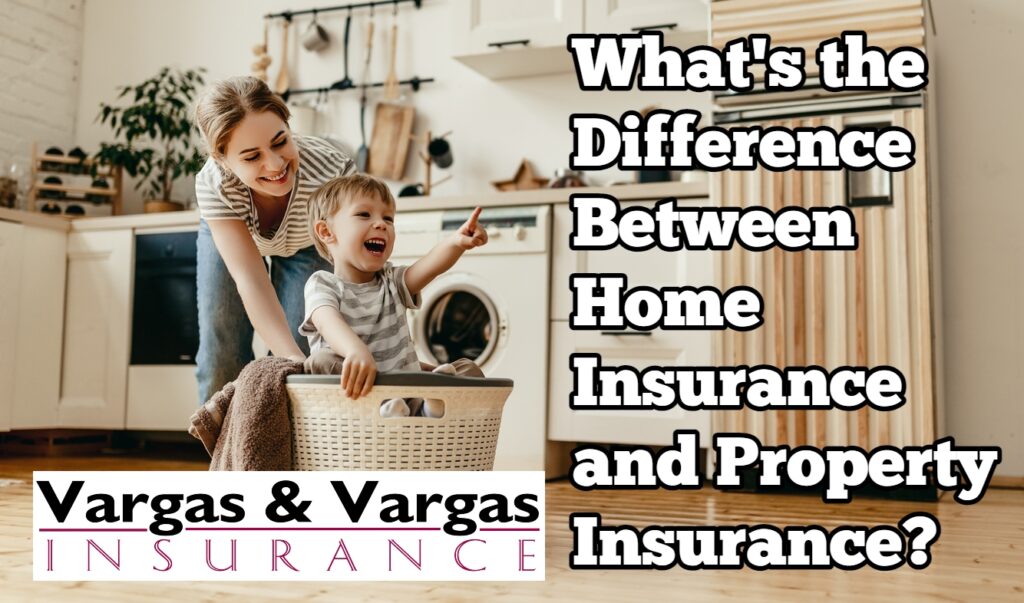Home Insurance Terms You Need to Know, Part One

When it comes to your home, proper home insurance coverage is vitally important. However, insurance terminology can make reading a quote or policy feel like reading a foreign language. Without understanding home insurance terms, you could find yourself with far less coverage or far different coverage than you thought. Vargas & Vargas Insurance is committed to making sure you have the knowledge you need to make the right insurance decisions regarding your home insurance.
General Home Insurance Terms
Declarations (Declarations Page)
This refers to the page of your policy that gives your basic information, including the name and address of the insurance company, coverage to and from dates, basic coverages, deductible, premium, and any additional interests. It’s an overview of your policy and is often what your mortgage company will ask for to show proof of coverage.
Insured/Insurer
The insured is the person that coverage is being provided for—generally, the owner of the home. The insurer is the insurance company providing the coverage for your home.
Additional Insured
The declarations page will list the additional insured, along with the insured. The additional insured is anyone else, other than the homeowner, who has a legal interest in the home. The most common additional insured for a homeowners policy is the mortgage company. An additional insured will be notified of the policy renewal and if the policy is in danger of cancellation. They may also be payees on larger claims checks.
Policy Period
This is the time period your home is currently insured for, which is usually one year. Most homeowners insurance policies renew automatically, assuming the premium is paid.
Premium
The annual amount you pay for your homeowners insurance is the insurance premium. This premium can come in convenient payments of monthly, quarterly, or semiannual installments. Typically, homeowners pay it directly to the insurance company through a mortgage escrow account.
Deductible
The deductible is the amount the insured (homeowner) is responsible for in the event of a claim. If a claim is less than the deductible amount, the insurance company bears no responsibility for payment of the claim. If the claim is more than the deductible, the deductible will be subtracted from the claim’s total amount before the insurer pays out. The deductible is not paid to the insurance company.
All-Risk/Named-Peril
An all-risk insurance policy covers all potential causes of loss other than the ones specifically excluded in the policy. A named-peril policy covers the causes of loss specifically listed in the policy and no others. While an all-risk policy can be more inclusive, it is generally much more expensive and not as common. Most insurers choose to cover the most common risks, providing a broad scope of protection while keeping premiums affordable.
Replacement Cost Value (RCV)/Actual Cash Value (ACV)
When you purchase your home, the sales price is based on the market value of your home. The price depends on the desirability of the location and many other factors. When you have a loss, however, the location’s desirability has no bearing on the cost to rebuild your home or replace your roof. That’s why it is important to understand the difference in replacement cost and actual cash value.
The replacement cost value is the cost to replace a damaged item or item, whether it be your TV or your roof. The actual cash value takes into account the depreciated value of the item. If your roof is ten years old, you got ten years’ worth of value from your roof, so a deduction is taken from the amount paid for your claim to account for the age of the roof. Knowing which type of coverage you have before a claim can prevent many misunderstandings during the claims process.
General home insurance terms are important to know, but there are many more terms that can make all the difference in understanding your home insurance. For more insurance terms, see the second part of our series on Home Insurance Terms You Need to Know.
Vargas & Vargas Insurance is a premier local independent insurance agency. We work for our clients, not the insurance company. We will customize your insurance coverage to your specific needs at the right price and are here to answer all of your insurance questions. Contact us today.






























